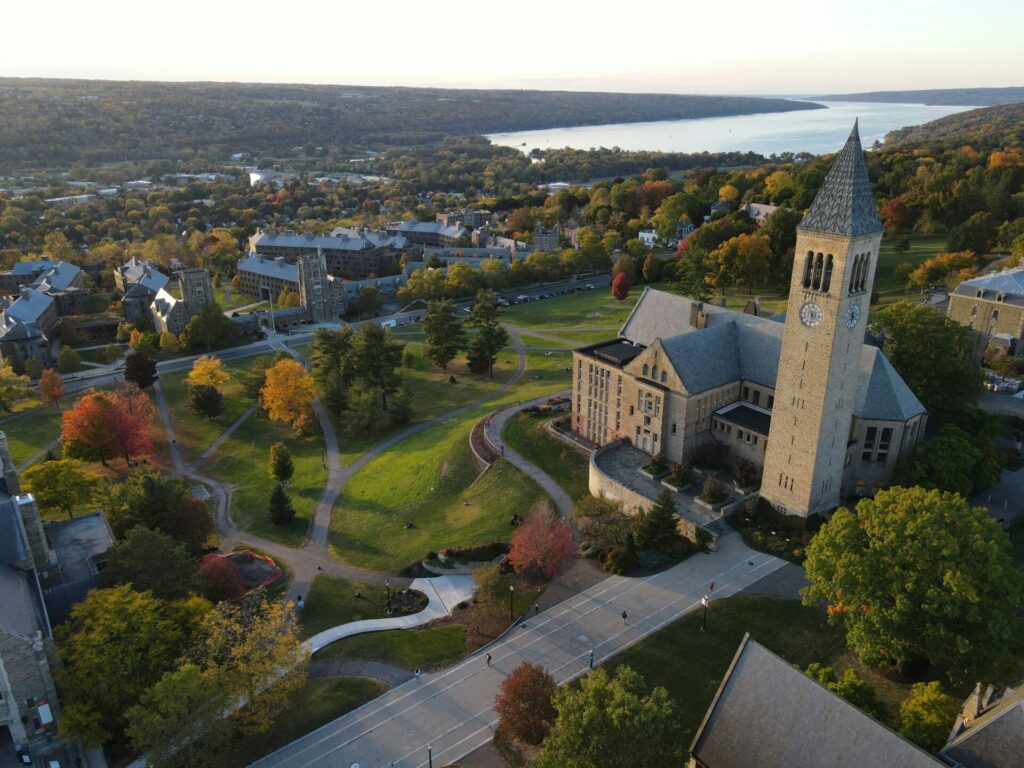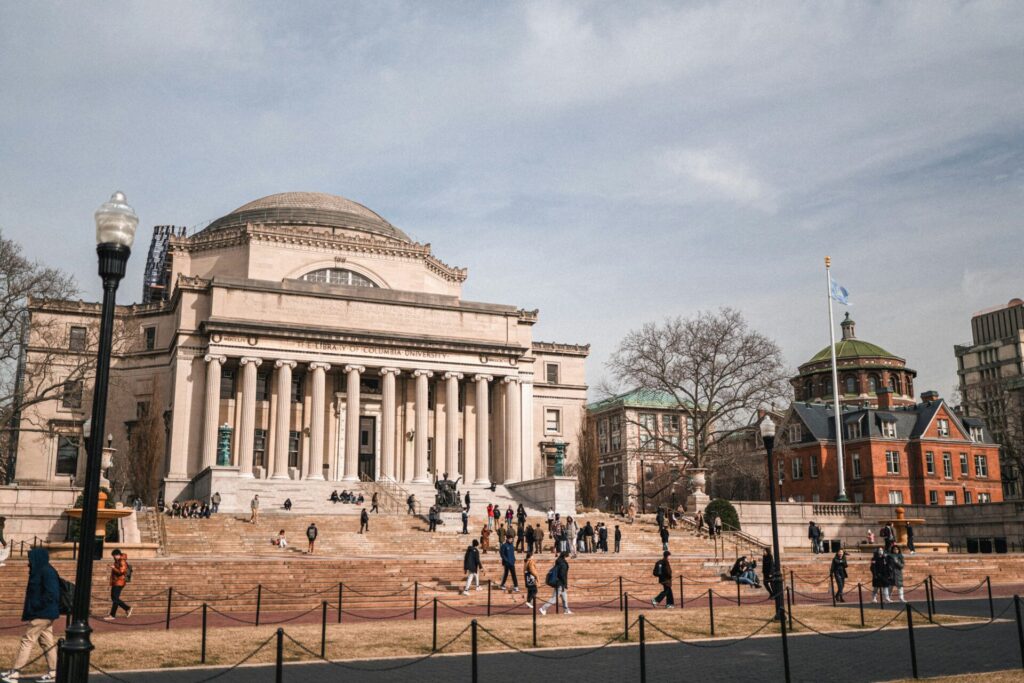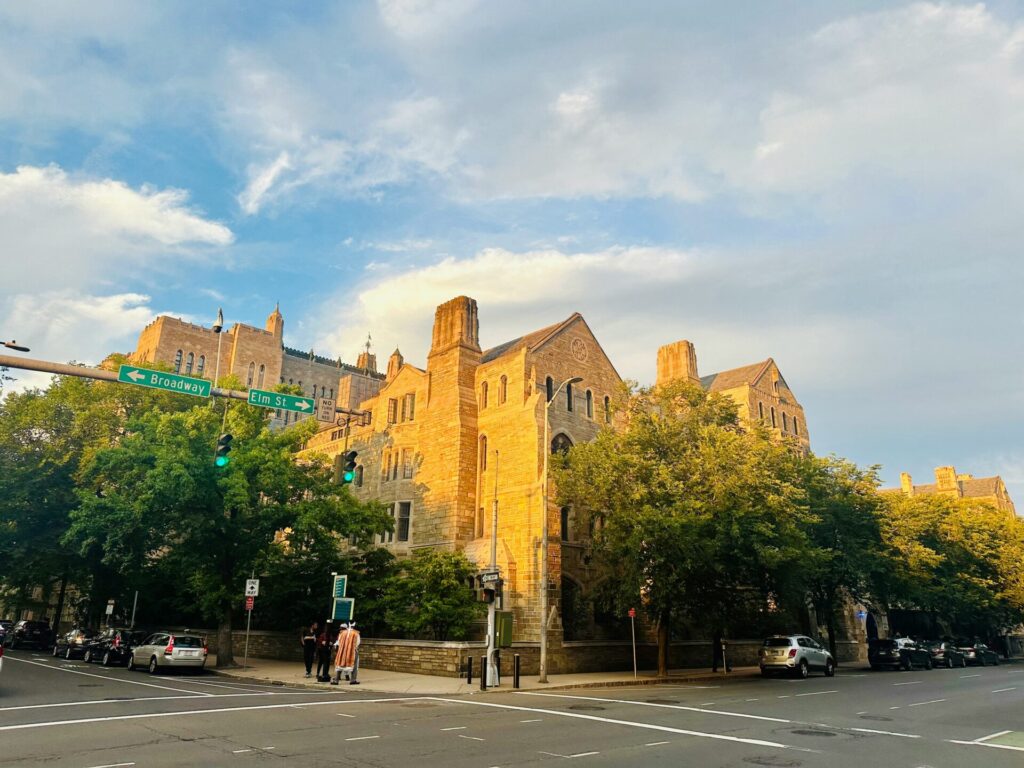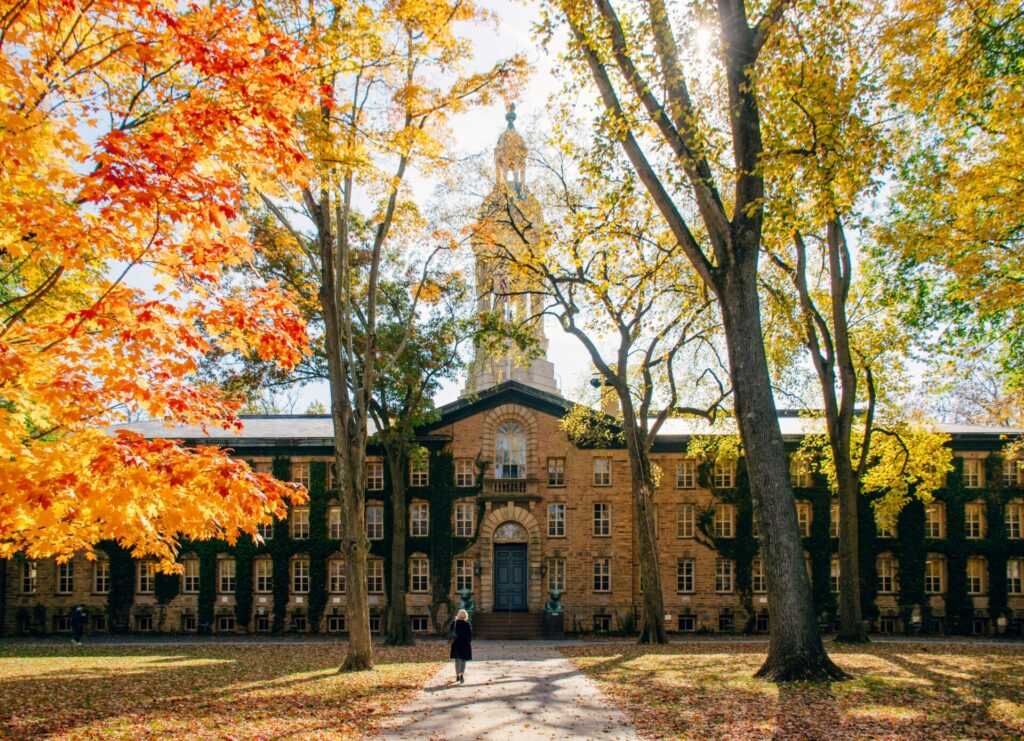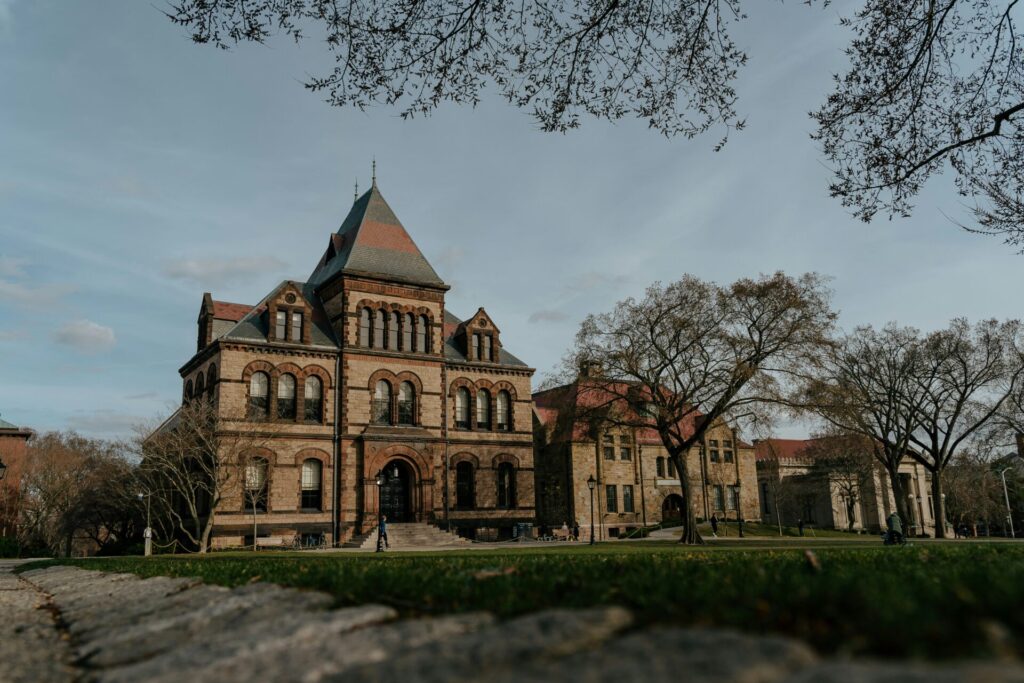There’s so much to consider when choosing a university, from the course to the location and campus, and then there’s the university setting itself. Don’t feel overwhelmed. Understanding what you want in your ideal university setting, followed by research into your top universities, will make you feel confident in no time.
A university setting, urban or rural, city or town, and the surrounding community and environment will be instrumental in your academic success. Your surroundings will influence your mood and enthusiasm and provide you with extracurricular activities and opportunities for that all-important downtime from studying.
Let’s look at the elements of a university setting to consider and research when choosing a course.
City vs Countryside
Your university’s location will affect your access to internships, work experiences, and part-time work, and may even be where you decide to pursue your career after completing your course. The location will also determine the extracurricular activities you can pursue, including sports, clubs, and other interests, as well as cultural experiences and social life.

Urban universities – pros and cons
There are many universities in the heart of towns and cities. Some, like historic Oxford, are interwoven in the city itself. The Oxford campus buildings can be found throughout the city and form part of its famous architecture.
The world’s favourite urban universities, like Oxford or Cambridge or America’s Duke University in Durham, attract many tourists with stunning architecture and amazing grounds. The University of Cambridge boasts the King’s College Chapel and the Queen’s College Mathematical Bridge, both important parts of England’s architectural heritage. Duke University has its 210-foot Duke Chapel with 50 bells and three pipe organs as well as 8600 acres of land, some of it extensively landscaped.
Attending a city university will provide cultural experiences and diversity, more social and dining experiences, and greater possibilities for work and experiences. Depending on the city, it may be easier to travel around, but the city cost of living will be higher, and you may find the distractions or bustle of city life too much.
Rural universities – pros and cons
Universities on the outskirts of cities and towns may be equally historical or be modern purpose-built campuses with extensive on-campus facilities due to greater availability of space. These universities will have fewer distractions but also fewer job and internship opportunities.
Rural colleges can be smaller and closer-knit as more students stay on site rather than taking a longer journey into a city. However, transport into the city and home to visit may be more expensive. Rural colleges can also be closer to nature; this might be a personal preference. If you’re studying agriculture or environmental sciences, then this is a perfect match for your studies and usually a specialisation of more rural institutions.
Integration with Local Communities
An overlooked factor in assessing a university setting is how much the university integrates with the local community. Close ties with a community can facilitate local events, social life, and volunteering opportunities.
It also affects work experience, entrepreneurship opportunities, and business networking events that can lead to career opportunities. For example, say you are studying a business-related degree. A university with close community ties may consult with local businesses on course content and invite local leaders to share their experiences with students. Close community integration can also improve research or case-study opportunities and real-life project experiences that can add to your grades or future resume.
Cultural and Recreational Opportunities
Every university has a uniquely diverse culture, vision, and values. There will be opportunities for cultural experiences within the university and in the local setting, especially if the university is in a city.
A university culture can be powerful and influential. Take the reputation, deep history, and traditions of Oxford, Cambridge, or the Ivy League universities in the USA. The University of Sydney, Australia, is the oldest in the country and was one of the first universities to admit students based solely on their academic merit and accept women on the same basis as men. Then, as a last example, the University of Toronto, Canada, was the birthplace of insulin and stem cell research as well as the site of the first successful lung transplant. Universities have extensive histories that influence their activities and reputations today.
Recreational opportunities will vary, too. Cities offer museums, theatres, concerts, nightlife, restaurants, and markets and will serve a diverse range of interests. If you love music, yoga, or play a unique team sport not available at your university, you might want to be close to a city to pursue your interests. However, if you love nature, the outdoors, hiking, mountaineering, or biking, your preferred university setting might again be more rural.
Join the Immerse Education 2025 Essay Competition
Follow the instructions to write and submit your best essay for a chance to be awarded a 100% scholarship.

Cost of Living and Accessibility
Studying is expensive, and a critical component is the cost of living while at university. You’ll want to balance expenses with your available university funds and whether you will work. City universities will be far more expensive than rural options, but you must also consider whether you’ll live and eat on campus.
According to Save the Student’s National Student Money Survey and its student living costs prediction for 2024, the average monthly student living costs in the UK are £1,078. Studying in London, UK, increases this figure to £1,211, whereas studying on the East Coast reduces monthly living expenses to around £905. The average monthly student living costs in the US are between $1000 and $1500, but these averages drop substantially in states like Oklahoma, South Dakota, and New Mexico.
Here are a few ways that the university setting will influence the cost of living and accessibility
- Travel cost and distance from accommodation to class or leisure
- Travel cost and distance from home to university (for visiting)
- Local/city living costs
- Living in student accommodation vs private/shared renting
- Studying at a university close to home (no accommodation)
- Availability of employment
- Eating out vs cooking
- Eating out in a city vs student restaurants
- Attending events, concerts, and going out
Identifying if a University Setting is Right for You
If you feel like there is a lot to consider, that’s quite normal. Taking time to approach your decision methodically and your research will help.
A strategy for evaluating a location
You probably have a list of possible universities based on your course choice and career path.
The next step is to identify your preferences in a university setting. You can use the factors we’ve covered and your own to brainstorm or make a list. It might be helpful to categorise your preferences into those critical to your choice and others that would be good but aren’t essential.
Then, as you are researching your potential university choices, you can note how each meets your preferences. Use a rating system or highlight key notes depending on your preference. When you’ve narrowed your choice to two or three universities, you could also try a side-by-side table of pros and cons.
Visiting campuses and exploring the surroundings
Before making a final decision, you’ll attend university open days and explore the university setting. Here are some tips for making the most out of a campus visit:
- Take a list of everything you want to know
- Make notes of the answers and any new questions as you explore
- Explore a university campus and the surroundings on an open day
- Behave, travel, and eat as if you were a student already
- Ask questions of students already attending, if you can
- Return for a second trip just to explore the local town or city
Experience a University Setting Firsthand: Immerse Education summer programs are available at several renowned universities in the UK and abroad and provide a fantastic opportunity to get to know a university setting.
Closing Thoughts
The internet has made it possible to make informed decisions about university without ever leaving your home, with solutions including virtual tours, the opportunity to connect with alumni and professors online, and the chance to explore the social channels of current students.
Even so, some students may find it hard to get a sense of what it’s like to live in a new environment without experiencing it first hand. In those cases, you could consider a trip as a tourist, an open day, or a summer programme. Good luck!









